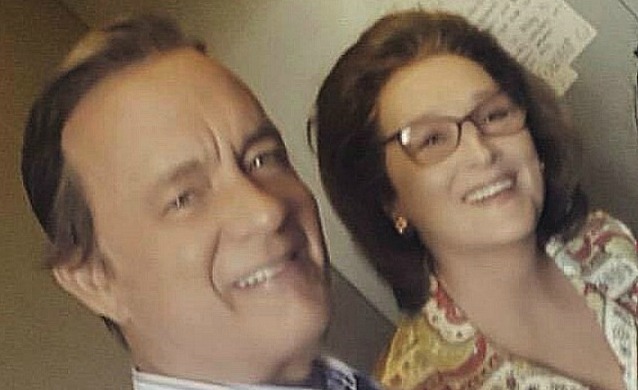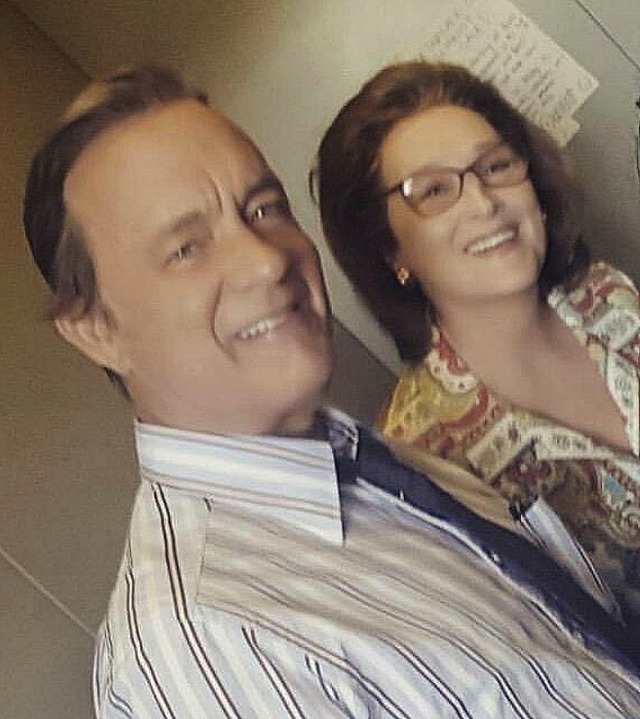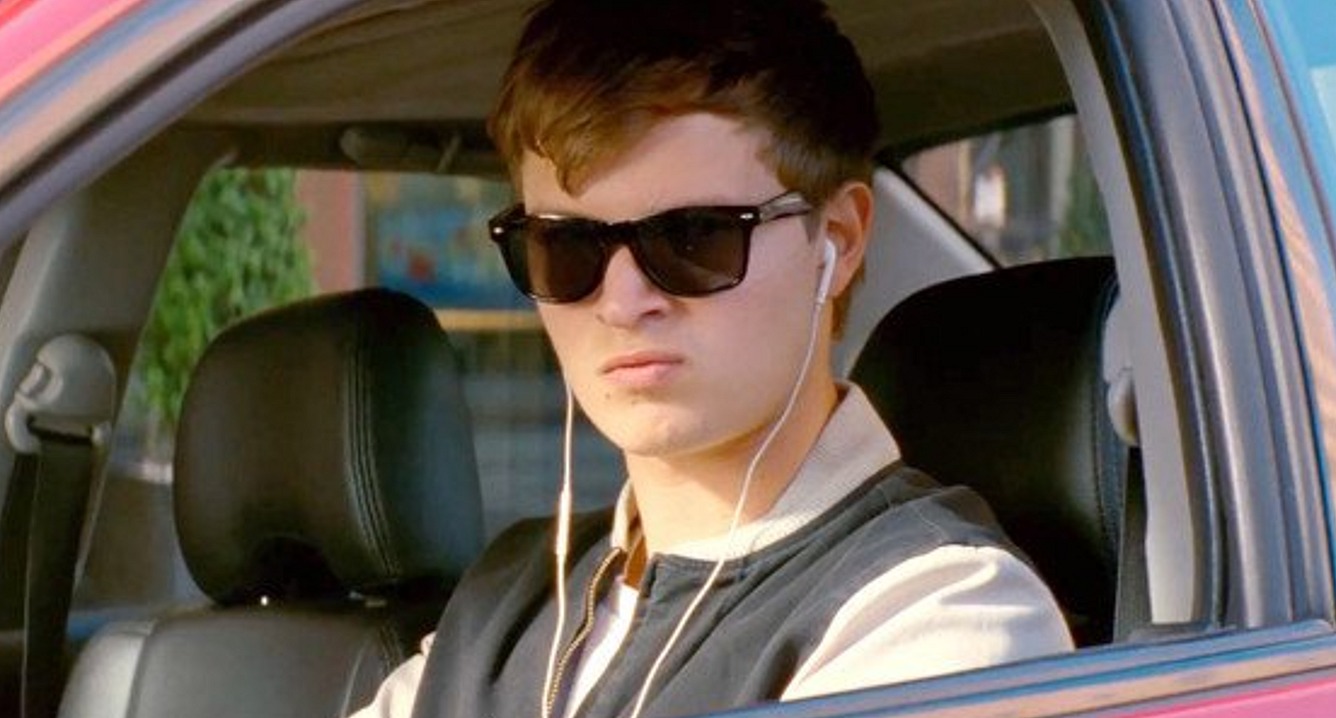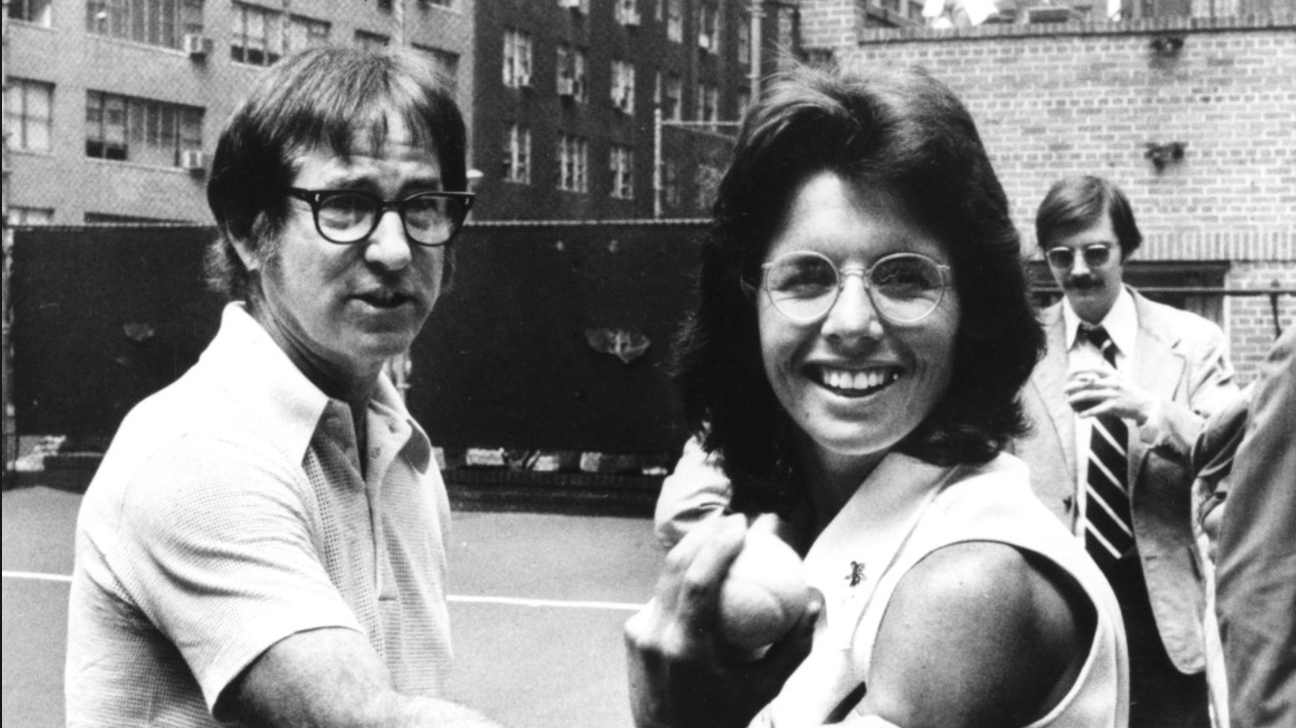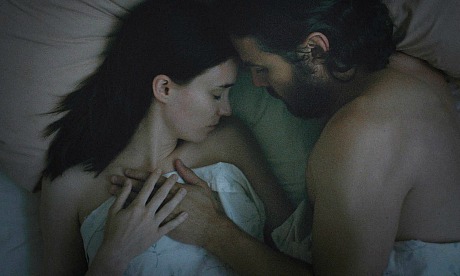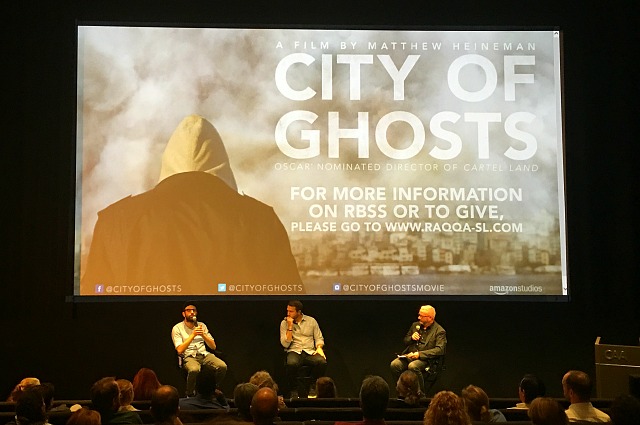A rambling report about the firing of Han Solo spinoff helmers Phil Lord & Christopher Miller, posted yesterday (6.22) on Starwarsnewsnet.com, basically says that concerns about Lord and Miller’s “screwball comedy” approach were first voiced by none other than Han Solo himself — i.e., the beady-eyed, relentlessly sullen Alden Ehrenreich. Rather than summarize this epic-lengthed saga, I’ll just post excerpts with the snow boiled out:
Excerpt #1: “Several weeks into production, there were concerns that in spite of the good work that Lord & Miller were doing with their movie, something was decidedly off about the way that their signature approach was taking the project, and that the bickering between them and the powers that be (i.e., Kathy Kennedy, Lawrence Kasdan) continued off and on. But the first person who [expressed concern] about these worries wasn’t Kasdan or Kennedy. It was fucking Ehrenreich.” [HE explanation: The last four words were written entirely by me — I just liked the way they sounded.]

Alden Ehrenreich, allegedly the guy who first voiced concerns about Phil Lord and Christopher Miller’s screwball approach to the Han Solo spinoff flick.
Excerpt #2: “Ehrenreich…started to worry that Lord & Miller’s screwball comedy angle was starting to interfere with what the character of Han Solo is really about, [given that Lord and Miller’s Solo] was a younger, more reckless take on the character than the one we met in that Cantina on Tatooine. One source described it as being oddly comparable to Jim Carrey’s performance in Ace Ventura at times. Ehrenreich let his concerns be known to one of the producers, who then told Kennedy about it, which led to her decision to look over the existing footage.”
Excerpt #3: “People close to the project have positively described…several isolated scenes [directed by Lord and Miller]. However, once an assembly cut actually started to come together, Kennedy and Kasdan — as well as the other people reporting to them — started to get deeply concerned. There was something of a ‘zany’ tone to more scenes than they would have liked — in part due to some of the improv — and I get the feeling that fans might take more of an issue with this than they would have if the film had been left unfixed.
Excerpt #4: “At some point in production, some kind of hiatus took place, and this is where they reviewed the footage and told Lord & Miller that they’d need to overhaul the movie with reshoots when they worked on it later. Lord & Miller…were pretty rebellious [about this], their response being an ultimatum — i.e., either let us handle the reshoots our way or we’re out. And [so] they were shown the door.”


